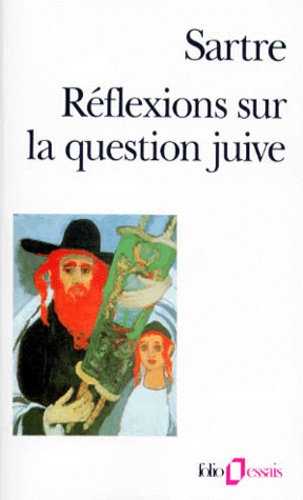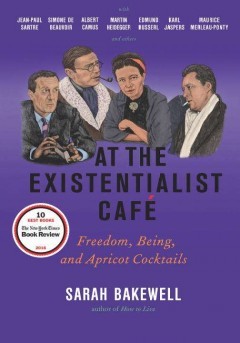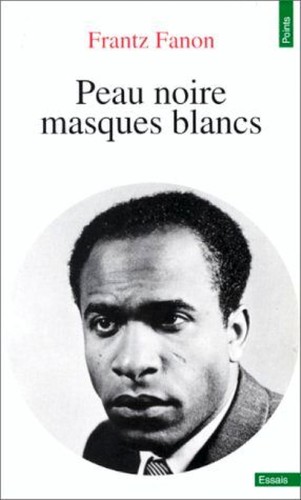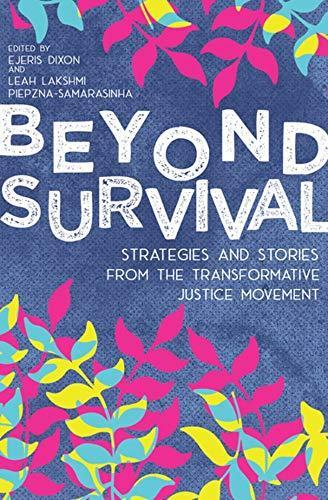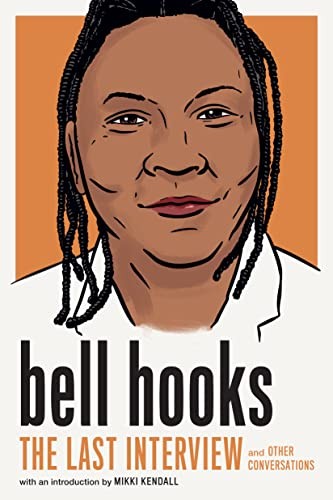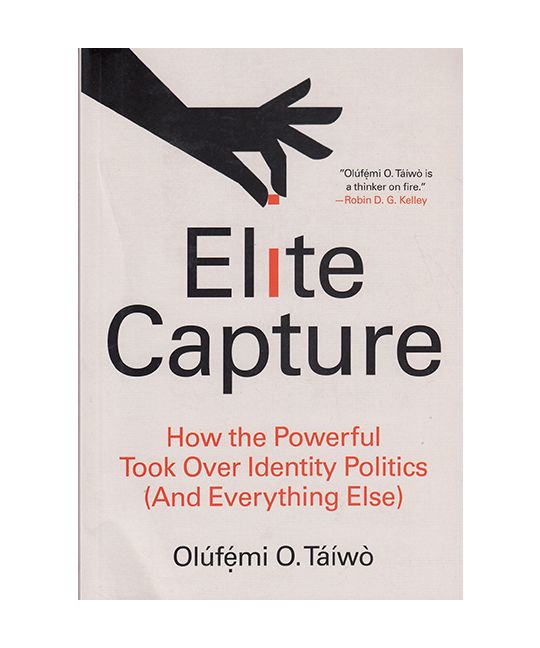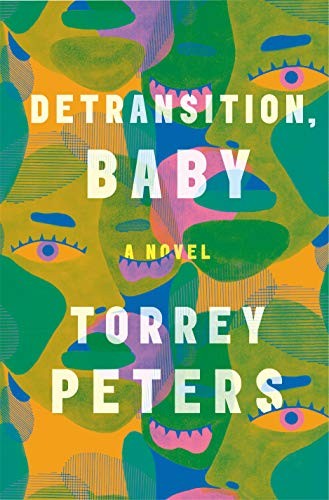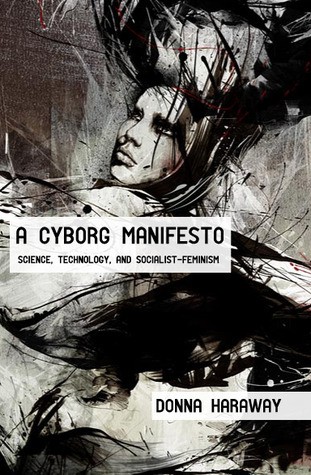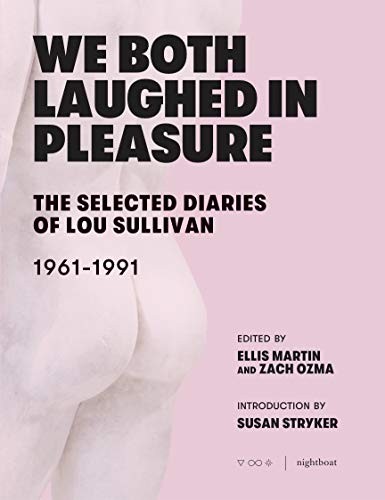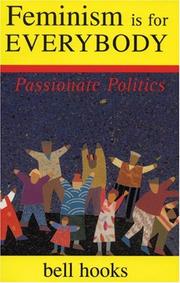possm reviewed Réflexions sur la question Juive by Jean-Paul Sartre
Lots to think about!
5 stars
For the shortness of this text, it gave me so much to think about. It is a very dense text in this way. Roughly, the first half of the book is about antisemites and the second half about Jews. Just from the implications of the fact that it was written, this text gives us a glimpse into the discourse around Jews in 1946 France. It is hard to believe how normalized open antisemitism still was in post WW2 France. Seeing that Sartre feels the need to argue for the basic rights and existence of Jewish people is honestly kind of horrifying. The Overton window must have been really bad back then. About the analysis itself: the description of "the antisemite" seems extremely specific, maybe too specific. Maybe Sartre is describing a type of guy that only existed in his specific time and place. Or maybe he is mixing personal distaste …
For the shortness of this text, it gave me so much to think about. It is a very dense text in this way. Roughly, the first half of the book is about antisemites and the second half about Jews. Just from the implications of the fact that it was written, this text gives us a glimpse into the discourse around Jews in 1946 France. It is hard to believe how normalized open antisemitism still was in post WW2 France. Seeing that Sartre feels the need to argue for the basic rights and existence of Jewish people is honestly kind of horrifying. The Overton window must have been really bad back then. About the analysis itself: the description of "the antisemite" seems extremely specific, maybe too specific. Maybe Sartre is describing a type of guy that only existed in his specific time and place. Or maybe he is mixing personal distaste (understandable!) into his analysis and thereby missing the core of antisemitism: he isn't describing an ideology, but a character flaw. But maybe that is his point. Some of his analysis of antisemitism seems applicable to all prejudices against minorities, like the disgust, fear, sexualization, etc. Other parts seem specific to antisemitism, like the conflation of Jewishness with the abstract and universal, and identification of the antisemite with a mystical heritage from which property derives. One interesting feature of the text is that it barely mentions Jewish culture at all. One of his main points is that Jewishness is produced by the antisemite. Jewishness is only defined negatively. I guess the reason why this stands out to me now, is that between Sartre and me lie decades of identity politics. I guess one thought differently about identity, group identity, minority identity in the 1940s. This was a really interesting insight for me, however trivial it may be for others. This in turn makes me think of second wave feminism and how the second wave understanding of the social construction of woman follows the exact same model. It makes sense considering de Beauvoir's influence. Fascinating stuff.
I have strayed from the topic of this review, but this just goes to show how many new thoughts and connections this text gave me. I would really like to know, though, whether back when it came out there was any criticism from the Jewish community about his downplaying of Jewish culture and the existence of positive Jewish community. I imagine there must have been?

